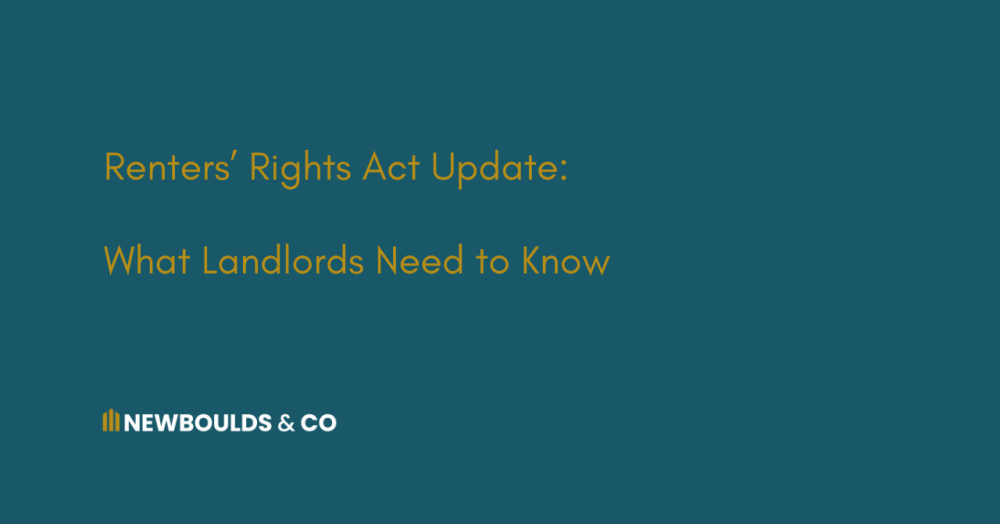On Wednesday, Parliament had the first reading of the Renters’ Reform Act, and I want to take a moment to reassure landlords that there’s really nothing ground-breaking in these proposals that should catch you off guard. In fact, most of the changes were part of the Conservative Party’s agenda before they lost power in July.
Regardless of which political party is in charge, these reforms were set to come into play, so there’s no need to worry that anything revolutionary is happening.
Let’s break down what’s involved and how it might affect you as a landlord.
The End of Section 21 ‘No Fault’ Evictions
The big headline in the newspapers was the abolition of Section 21 evictions. For years, landlords have been able to give tenants a two-month notice to leave a property without giving any reason. The proposed changes will scrap these ‘no fault’ evictions, which many have viewed as unfair, particularly when used to displace tenants who challenge poor living conditions or refuse to accept rent increases.
But don’t worry, this doesn’t mean landlords are left powerless. You will still be able to evict tenants who break the rules under Section 8 of the Housing Act. This will cover situations such as non-payment of rent, damage to the property, or antisocial behaviour. The main difference is that it will require a court order, which, admittedly, has faced delays in recent years. The government has assured us that they will work to clear the backlog and streamline the process.
Rent Increases and Bidding Wars
Another important point is the ban on bidding wars. Many landlords and letting agents have seen tenants offering above the asking rent due to the high demand for rental properties. The new legislation will make it illegal to ask for or accept bids higher than the advertised rent. This may stabilise the market, but it’s something to keep in mind when setting rent prices for your rental property.
Additionally, in-tenancy rent increases will be limited to once a year and will no longer be allowed during the fixed term of a tenancy. While this might seem restrictive, it provides a sense of stability for tenants and can encourage longer-term lets.
Energy Efficiency and Property Standards for Landlords
We have spoken about this a few weeks ago, the proposed act also introduces stricter regulations on the quality and energy efficiency of rental properties. By 2030, landlords will need to ensure that their properties have an Energy Performance Certificate (EPC) rating of C or better. If you need a copy of that article, let us know. This is a long-term requirement, so while it may require some investment, there’s plenty of time to plan and budget accordingly.
The introduction of the Decent Homes Standard into the private rental sector means that landlords will also need to ensure properties are maintained to a certain standard, particularly regarding hazards like damp or mould. It’s a move aimed at improving the overall quality of rented accommodation, and while it will mean more responsibility for landlords, most of you are likely already meeting these standards.
Let’s Chat
If any of these changes are causing you concern, don’t panic. We are here to help guide you through what these reforms mean for your specific situation. Whether you need advice on complying with new regulations or simply want to understand how these changes might impact your investments, we are available for a chat.
Feel free to reach out at any time to discuss how we can ensure your properties remain compliant and profitable.
📞 Drop us a message or give us a call on 01932 232927 for a no-pressure nor obligation conversation.

